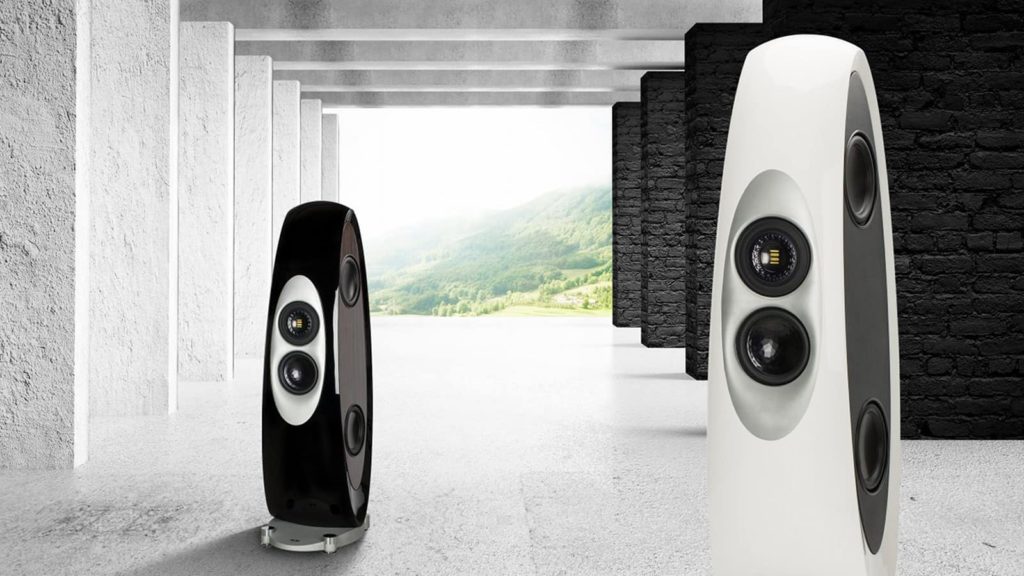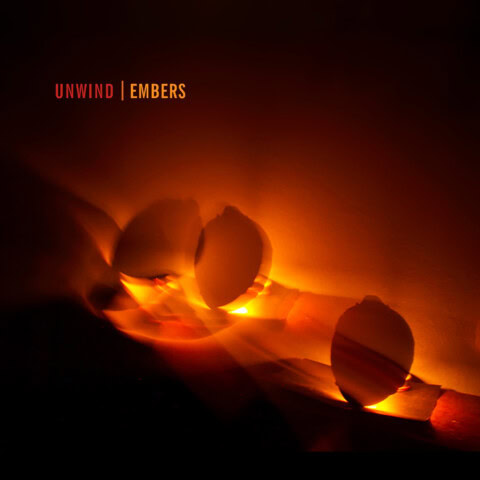Witchdoctor Rating
-
- 7.5/107.5/10
Summary
Oneohtrix Point Never – Age Of (Warp)
Daniel Lopatin’s new album tunes into the zeitgeist but chooses to abuse the prevalent tropes. GARY STEEL is well impressed.
Streamed on TIDAL Hi-Fi
 I never much liked Oneohtrix Point Never until now. Their first few albums were spent splashing around in the shallows without much of an idea, while the much-acclaimed R Plus Seven (2013) seemed hemmed in to its sonic environment of Residents-style funny voices and odd sound design to its own detriment. (So much so that I didn’t bother to check out its follow-up, Garden Of Delete, in 2015.)
I never much liked Oneohtrix Point Never until now. Their first few albums were spent splashing around in the shallows without much of an idea, while the much-acclaimed R Plus Seven (2013) seemed hemmed in to its sonic environment of Residents-style funny voices and odd sound design to its own detriment. (So much so that I didn’t bother to check out its follow-up, Garden Of Delete, in 2015.)
Still, on reflection R Plus Seven was impressive on many levels, not least the sheer creativity, and commitment to a characterful expression. Daniel Lopatin aka Oneohtrix Point Never was clearly a driven individual who was never going to sit still.
As it happened, he quickly became an underground celebrity who it seems everyone on the scene wanted a part of, hence his name popping up on projects by the likes of FKA Twigs, Anohni, David Byrne and many others.
Those guest shots/external collaborations might help to explain why Age Of has taken awhile to transpire, but it’s been worth the wait. Lopatin pulled in singer/songwriter James Blake, who contributed vocals, produced and mixed the album, and it could be Blake’s influence that benefits the album with a much deeper, wider, clearer and hi-res musical canvas. This in itself makes listening to Age Of much more enjoyable, although it should be pointed out that in no way is the character of the music compromised by slickness; in contrast, Lopatin loves creating unexpected sonic irruptions or sending searing dissonance through an otherwise fairly melodious piece, and it’s one of the things that makes it such a compelling experience.
 The album gestated over several years and its 13 songs do sound a little episodic, but it all hangs together, bound by its painterly disposition and its emphasis on pretty fake orientalist exotica. If that was just a cheap shot by a meddling sampling apprentice then the whole thing would be pointless, but at times, Age Of has the poise, beauty and watercolour palette of a junior Ryuichi Sakamoto, and that, by the way, is a compliment.
The album gestated over several years and its 13 songs do sound a little episodic, but it all hangs together, bound by its painterly disposition and its emphasis on pretty fake orientalist exotica. If that was just a cheap shot by a meddling sampling apprentice then the whole thing would be pointless, but at times, Age Of has the poise, beauty and watercolour palette of a junior Ryuichi Sakamoto, and that, by the way, is a compliment.
Lopatin does create his own universe with his OPN work and, like Luke Vibert with his Mum’s French easy listening records, the album isn’t shy about appropriating new age tropes and the aforementioned Asiatic/oriental exoticism, but instead of merely layering them into a grooving beat matrix, Lopatin fucks with them incessantly, pitch-shifting and backwards-masking those kotos.
At times I was turned off by Lopatin’s use of contemporary clichés, like the heavily processed Autotuned voice he’s taken on, presumably to either avoid revealing his own weakness as a singer, or as a mechanism to further emphasise the intentional inauthenticity of his creations. In fact, there are quite a few vocals on Age Of, including those of Blake and Anohni, but they’re mixed down so that they’re just part of the overall, and I could barely make out any words, so I guess they’re intended as more of a textural and melodic addition.
 One thing that’s really great about his songs is that they’ll build up a theme then completely break down to ambience, and with a seismic shift notch it up a gear, or down a gear into something seemingly different, but part of the same piece. It’s an unpredictable gambit, especially without a strong rhythmic base, and Lopatin tends to be quite light on rhythm, working with implication much of the time or simple mechanisms like finger clicks or other sampled sounds that work as beats.
One thing that’s really great about his songs is that they’ll build up a theme then completely break down to ambience, and with a seismic shift notch it up a gear, or down a gear into something seemingly different, but part of the same piece. It’s an unpredictable gambit, especially without a strong rhythmic base, and Lopatin tends to be quite light on rhythm, working with implication much of the time or simple mechanisms like finger clicks or other sampled sounds that work as beats.
There are several stand-out tracks, including the first (and title) tune, which begins with a bizarre harpsichord-like flourish, a really fruity Baroque/classical turn but ends like a madman on a mission to trash his sampler. Then there’s ‘We’ll Take It’, which, with its echoing corridors and creepy synth could be a soundtrack to some particularly unsettling horror movie.
Age Of is a number of different things at once, but it’s all very ‘now’: it’s achingly gorgeous, it’s horrific, it’s queasy, it’s disruptive, and it refuses to be something easy to codify and encapsulate. And that’s a good thing.















